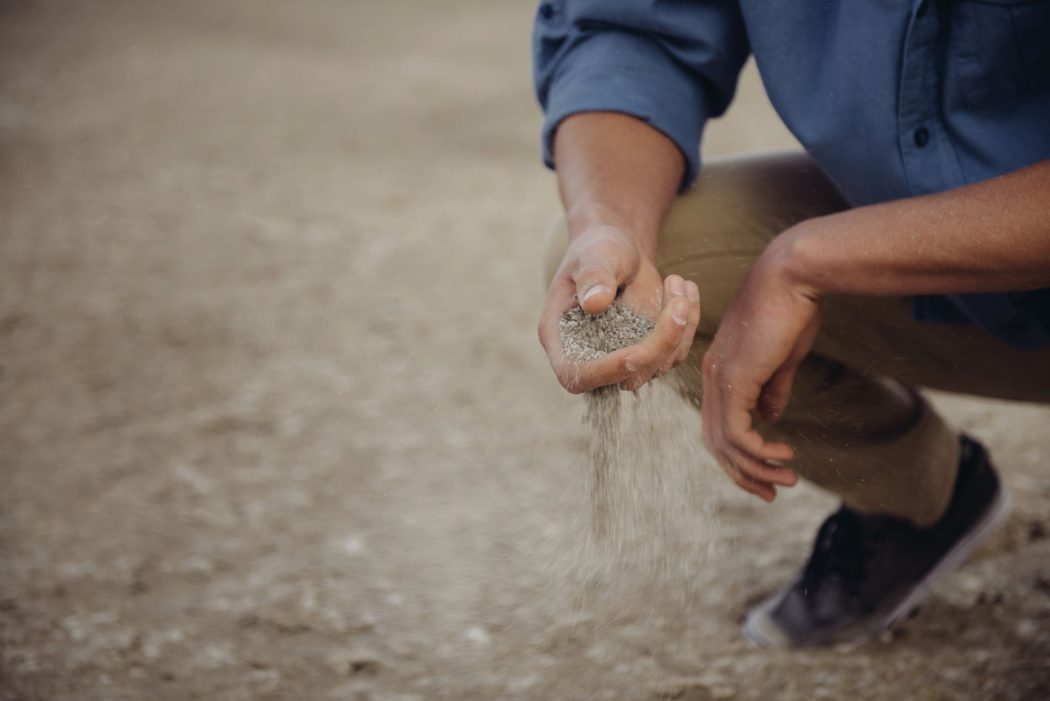Column: Is Our Temporal Satisfaction Justified
“Imagine that you yourself are building the edifice of human destiny with the object of making people happy in the finale, of giving them peace and rest at last, but for that you must inevitably and unavoidably torture just one tiny creature, that same child who was beating her chest with her little fist, and raise your edifice on the foundation of her unrequited tears—would you agree to be the architect on such conditions? Tell me the truth.” – Fyodor Dostoevsky, The Brothers Karamazov
To reference the beginning of Peter Singer’s Famine, Affluence, and Morality, I will start by saying that while I’m sitting here on my computer, listening to Spotify music in the background, writing this article in the comforts of a house with electricity, running water and air conditioning in a safe part of the United States — one of the richest countries in the world — there are hundreds of millions of people in the world suffering at this very moment. According to the World Bank, in 2016 there were 734 million people living in extreme poverty (less than $1.90 a day). This statistic, while shocking, barely scratches the surface of the suffering in the world. The harsh reality is that most of us live in willful ignorance of this suffering. Our temporal happiness in a system predicated on suffering is unjustifiable unless we acknowledge our complicity in it and start to work to alleviate that suffering.
The suffering in the world isn’t confined to poorer and less fortunate countries; we are surrounded by suffering. Just a mere fast food job can make someone’s existence absolutely miserable. Not to mention people with depression and those who deal with serious medical or drug problems–either for themselves or a for loved one. There are a lot of things that can make someone’s existence an absolute nightmare. Those of us fortunate enough to be in a comfortable position are there only because there exists a foundation of suffering that makes our temporal happiness possible. Our happiness is an illusion. The great economic machine is maybe not fueled, but at a bare minimum is lubricated by the tears of the dispossessed.
Above this article is a quote by Fyodor Dostoevsky from his masterpiece, The Brothers Karamazov. Our world is not built on the “unavoidable torture” of one little girl literally, but it is figuratively. That little girl with no voice is everyone in this world who is victim to their circumstances and has no way out. She is the dispossessed of our society, those who suffer in silence. Every time the thought crosses our mind of unnecessarily spoiling or pleasuring ourselves, we should instead think of this little girl and her unrequited tears.
What can be done to rectify this? People can disagree with me on this, but my study of economics has lead me to believe that the answer is not to distort or modify the economic system. Instead, the answer is the adoption of individual moral responsibility. This moral obligation can fulfilled in a variety of ways, charity being one example, but even seeking to eliminate undue suffering whenever we see it. It sounds rather silly, but even something as small as saying hi to someone on the street can have a profound compounding positive effect in the world. We should also seek to buy socially conscious products whenever possible, products made by companies that have purposely thought about the morality involved in their production. We should research the world around us and figure out the most efficient ways to make the world a better place and raise the quality of living. Anything at all that takes steps in the right direction is better than being complacent and therefore complicit.
We must look around and admit that our temporal happiness is illusory. I’m not advocating that we need to live miserable lives to justify our existence. The natural state of man is complacency, and complacency is apathy. I’m merely advocating that we have an implicit moral obligation to remember where our temporal happiness comes from, and we had better be grateful. Doing so will instill a deeper sense of gratitude within us for our luck and instill within us a deep to desire to help everyone that isn’t so fortunate.
Kristian Fors is a student at Utah State University majoring in Economics and Philosophy and is an opinion columnist for the Utah Statesman. He can be reached at krfors@gmail.com.

